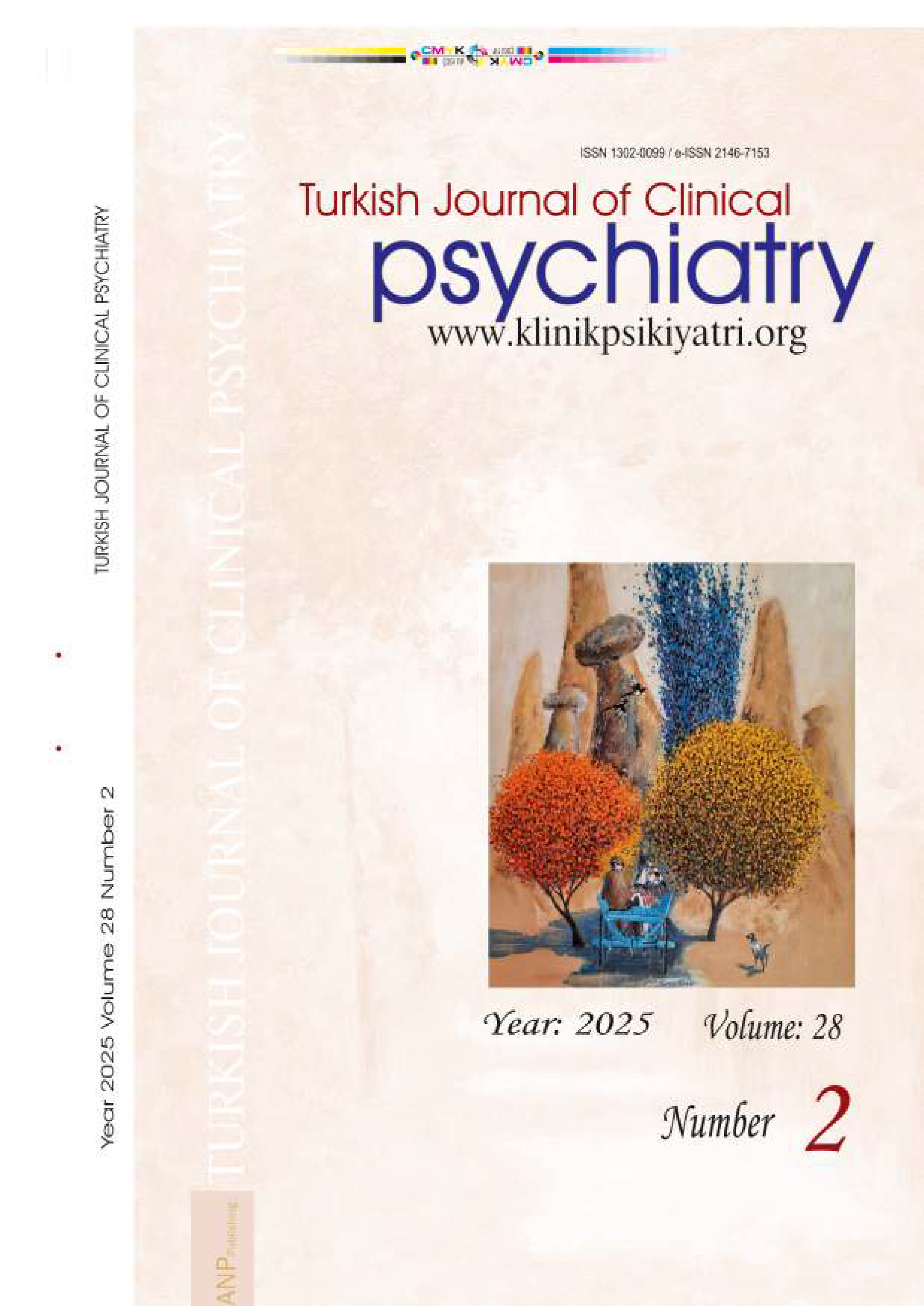





Facial emotion recognition in children with autism spectrum disorder: Are emotional primes effective?
Ata Cantürk Doğrul1, Banu Cangöz Tavat1, Pınar Uran21Hacettepe University, Department Of Psychology, Ankara2Izmir Democracy University School Of Medicine, Child And Adolescent Psychiatry Department, İzmir
INTRODUCTION: This study investigated the facial emotion recognition problems in children with autism spectrum disorder and how different emotional primes (visual and vocal primes) affected this deficiency.
METHODS: Two separate experiments using the prime task were conducted in which only the prime modality was differentiated. Visual (Experiment-1) or vocal (Experiment-2) emotion primes were presented in the task. Then the participant decided whether the faces presented after primes had emotion.
RESULTS: In both experiments, children with autism spectrum disorder showed impaired performance compared to healthy peers, and a happy face advantage was seen in both experiments independent of the group. Reaction time increased in autism spectrum disorder when the sad vocal prime was given. However, the priming effect was not seen in any modality in either group.
DISCUSSION AND CONCLUSION: Emotional priming has no effect on the recognition performance of healthy control and children with autism spectrum disorder. Sad vocal prime has a negative impact on children with autism spectrum disorder's ability to recognize faces. Happy and neutral tones as much as possible should be employed in the training and intervention programs for autism spectrum disorder, considering the effects of sad vocals.
Otizm spektrum bozukluğu olan çocuklarda yüzden duygu tanıma: Duygusal hazırlayıcılar etkili midir?
Ata Cantürk Doğrul1, Banu Cangöz Tavat1, Pınar Uran21Hacettepe Üniversitesi, Psikoloji Bölümü, Ankara2İzmir Demokrasi Üniversitesi, Çocuk Ve Ergen Ruh Sağlığı Ve Hastalıkları Anabilim Dalı, İzmir
GİRİŞ ve AMAÇ: Bu çalışma, Otizm spektrum bozukluğu olan çocuklarda yüzden duygu tanıma problemlerini ve farklı duygusal hazırlayıcıların (görsel ve vokal hazırlayıcılar) bu eksikliği nasıl etkilediğini araştırmaktadır.
YÖNTEM ve GEREÇLER: Yalnızca hazırlayıcı modalitesinin değiştiği, hazırlama görevi kullanılan iki ayrı deney gerçekleştirildi. Görevlerde görsel (Deney-1) veya vokal (Deney-2) duygusal hazırlayıcılar sunuldu. Ardından katılımcılardan, hazırlayıcılardan sonra sunulan yüzlerin duygu içerip içermediğine karar vermesi istendi.
BULGULAR: Her iki deneyde de otizm spektrum bozukluğu olan çocuklar sağlıklı akranlarına göre performansta bozulma gösterdi ve gruptan bağımsız olarak her iki deneyde de mutlu yüz avantajı görüldü. Otizm spektrum bozukluğunda üzgün ses tonu verildiğinde tepki süresi arttı. Ancak her iki grupta da hiçbir modalitede hazırlama etkisi görülmedi.
TARTIŞMA ve SONUÇ: Duygusal hazırlamanın sağlıklı kontrol grubu ve otizm spektrum bozukluğu olan çocukların tanıma performansı üzerinde etkisi yoktur. Üzgün vokal hazırlayıcı, otizm spektrum bozukluğu olan çocukların yüzleri tanıma yeteneği üzerinde olumsuz bir etkiye sahiptir. Otizm spektrum bozukluğuna yönelik eğitim ve müdahale programlarında üzgün vokallerin etkileri de dikkate alınarak mümkün olduğunca mutlu ve nötr tonlara yer verilmelidir.
Manuscript Language: English
(601 downloaded)










